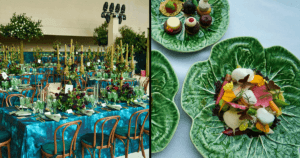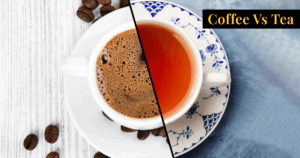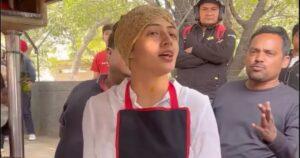According to certain findings, idlis might not be completely Indian after all. K.T. Achaya, a famous food scientist and historian, had conjectured some time ago that the modern idli recipe might have originated in present-day Indonesia.
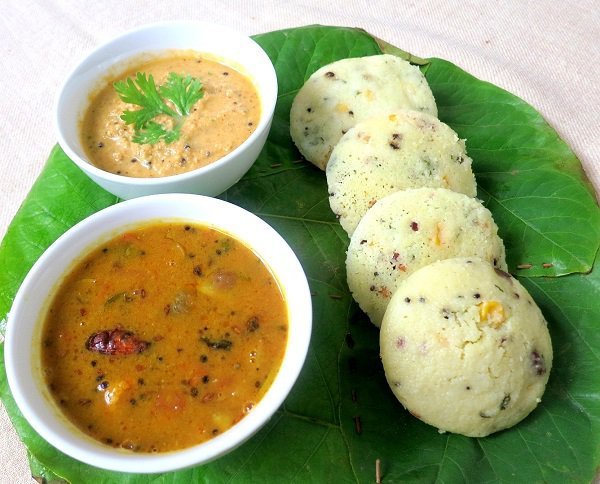
A form of idli known as ‘iddalage’ is mentioned in a 920 CE Kannada language work by Shivakotiacharya, and similar recipes were found in later writings, such as the Sanskrit Manasollasa of 1130 CE, which has a similar recipe known as ‘iddarika’. The first Tamil work to mention idli, known as ‘itali’, dated to the 17th century. However, all of these supposedly tasted quite different from the idlis we eat today.
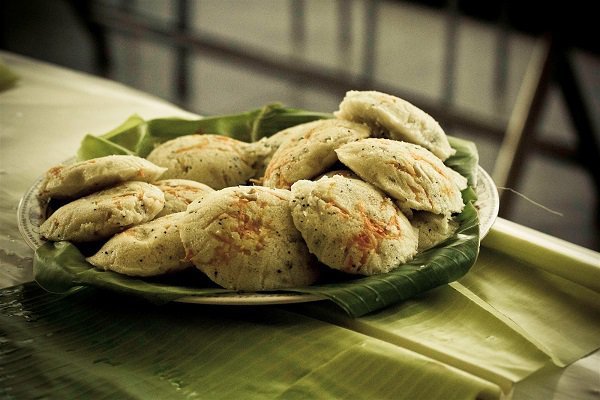
The recipe for idli in the works of ancient India did not mention 3 key aspects; namely, the use of rice grits as well as urad dal, the long fermentation of the mix, and the steaming for fluffiness. K.T. Achaya stated that these idlis were only referenced after 1250 CE, and the recipe was probably brought to the country by the cooks of Hindu Kings in what is now Indonesia. These kings would often travel to India between the 8th and the 12th centuries in search of brides, and the cooks accompanying them introduced the concept of the modern-day idli to India.




